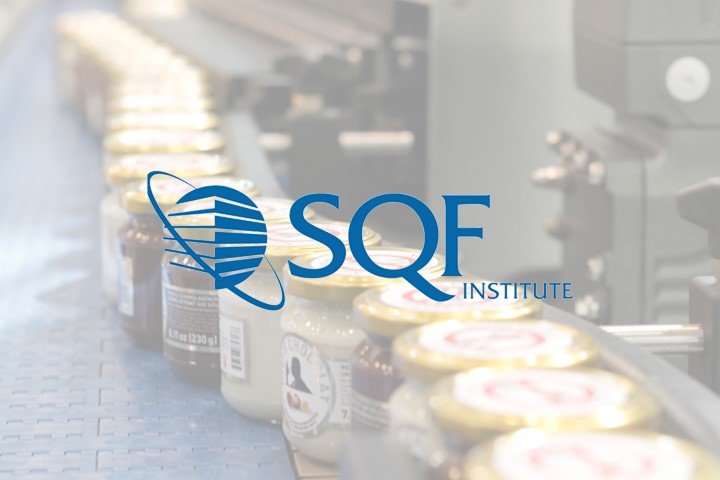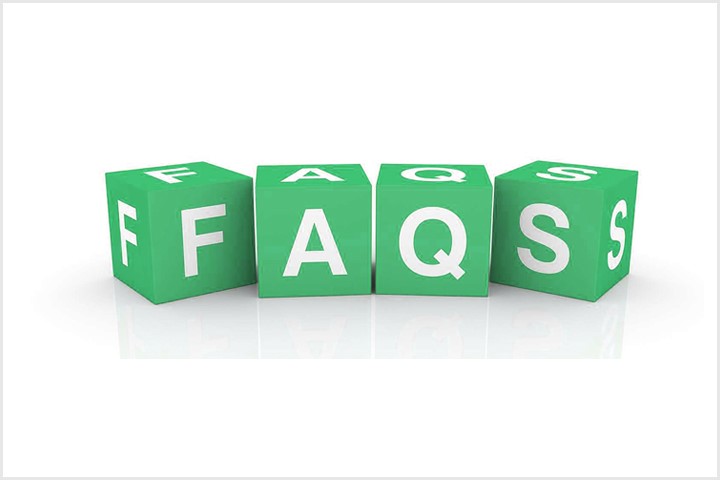SQF is a food safety certification standard controlled by the SQFI, the Safe Quality Food Institute. The SQFI is an international institution dedicated to helping consumers have a more reliable standard for food service processing. Consumers in the modern era have an increased demand for information about where their food comes from and how it’s produced, and the standards set by the FDA and other governmental organizations are sometimes confusing or insufficient for consumer needs.
SQF certification attempts to recognize companies based on both the safety and quality of their operations. It proposes a singular, universal standard for these otherwise subjective terms, and can be a beneficial certification to have, but there are a few things you should know before getting started.
The two main benefits of SQF certification
There are several benefits to being SQF certified, but these are two of the biggest ones:
1) Standards and practices
.First, you’ll have access to a rigorous series of standards and best practices for producing food. This will give you a greater ability to produce consumer-friendly, safe food products that help your company succeed and thrive.
2) Trust and authority
Having the mark of SQF certification also makes you seem more authoritative and trustworthy in the eyes of the public. This is indispensable, especially in our current age of skepticism and distrust of major food manufacturers. Seeing the SQF label gives consumers the reassurance that they’re buying food products responsibly.
What you need to know before pursuing certification
Here are some of the most important things to know about the program:
-
-
It’s a 6-9 month process
First, you need to understand that getting SQF certification is a somewhat straightforward, but long process. It takes most companies six to nine months to become certified—and that’s if everything goes well. It’s worth the time investment if you’re dedicated to the safety and quality of your food, but it’s something you need to be prepared for. The more you know the requirements of certification, the shorter this process is.
-
-
-
How the process works
The process itself is easy to understand, as it takes place over a series of steps. You may seek SQF certification from one of a number of licensed SQF Certification Bodies, which are external agencies and organizations dedicated to upholding these rigorous standards. Though each organization may have a slightly different approach, the general course is more or less the same. You’ll apply for certification, you’ll work with an advisor or representative to learn the most important facets of certification, you’ll experience a series of audits of your facility to ensure your compliance, you’ll take a test, and then your information will be discussed by a review board, who will then issue your certification (so long as you pass).
-
-
-
Certification modules
There are different segments to SQF certification that you’ll need to pass and adhere to. For starters, you’ll need to adhere to the SQF Code, which covers a number of regulations for how food is sourced, processed, and packaged. There are also specific requirements for different industries, such as feed and pet food. Beyond that base code, there are also separate requirements for becoming certified as an ethical sourcing business, and as a gluten-free processor. You may choose to pursue any or all of these peripheral modules or just the core “code” compliance.
-
-
Annual updates
Your certification will remain in place for one year. After that, you’ll need to re-run an audit of your facility to ensure you’re still in compliance and re-up your certification.
SQF food safety certification FAQs
Most people have at least some of these questions when learning about the SQF food safety certification for the first time:
- Why is SQF different? SQF is global and consistent and is one of the most trusted certification programs in the world.
- Is it just for big businesses? SQF certification is helpful for major manufacturers and small businesses alike.
- What does it cost? There are a number of costs associated with SQF certification, but they vary; they include registration, audits, and consulting assistance.
By this point, you should be able to tell whether or not SQF certification is right for you. While it’s not a mandatory certification standard, it is a positive one, and it’s gaining traction as the major authority in food safety certification.
Consider contacting a local licensing authority to find out more about the program.
If you’re interested in learning more about what you need for SQF certification along with other leading global food safety certifications, check out the replay of our recent webinar on farm to fork traceability. In the webinar, our JustFood technology and food manufacturing experts outline the importance of traceability functionality and how it can aid in food safety initiatives.
Ready for a specialized food ERP? Learn more about Aptean Food & Beverage ERP JustFood Edition — a solution purpose-built to solve your challenges and propel your food business and digital transformation to the next level.

